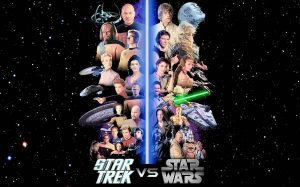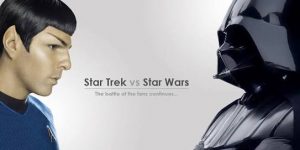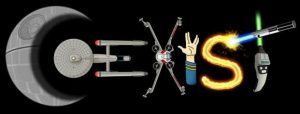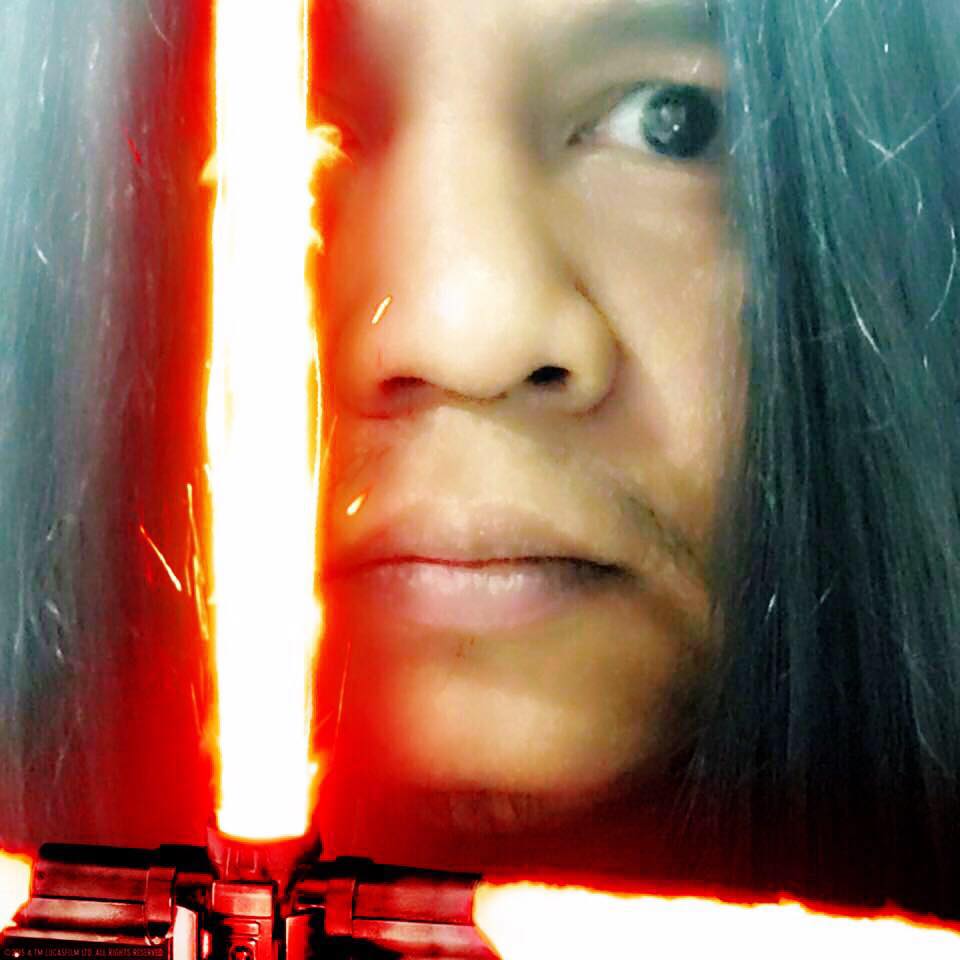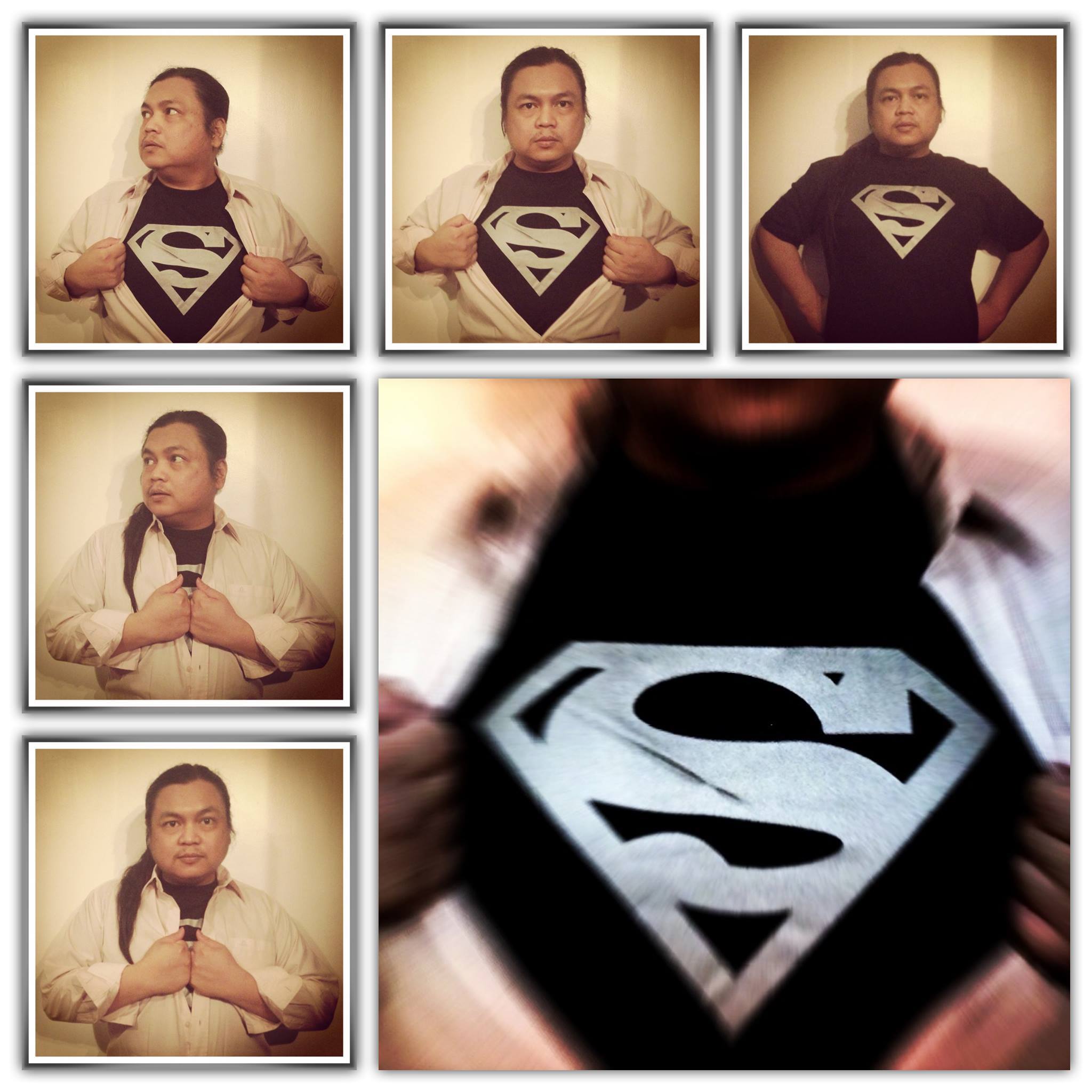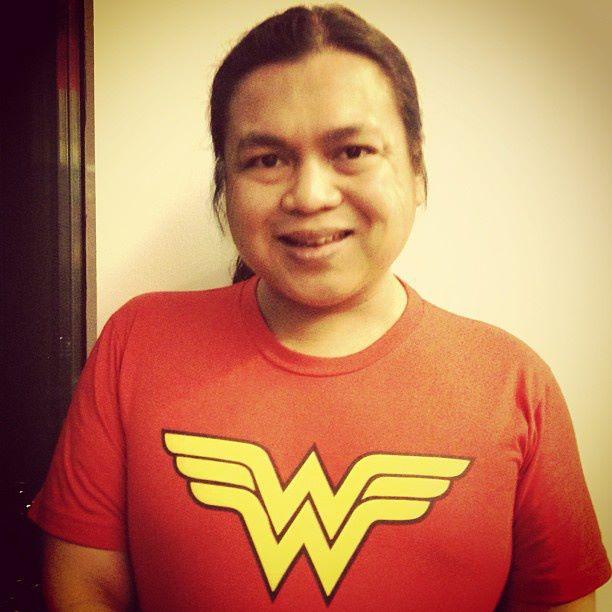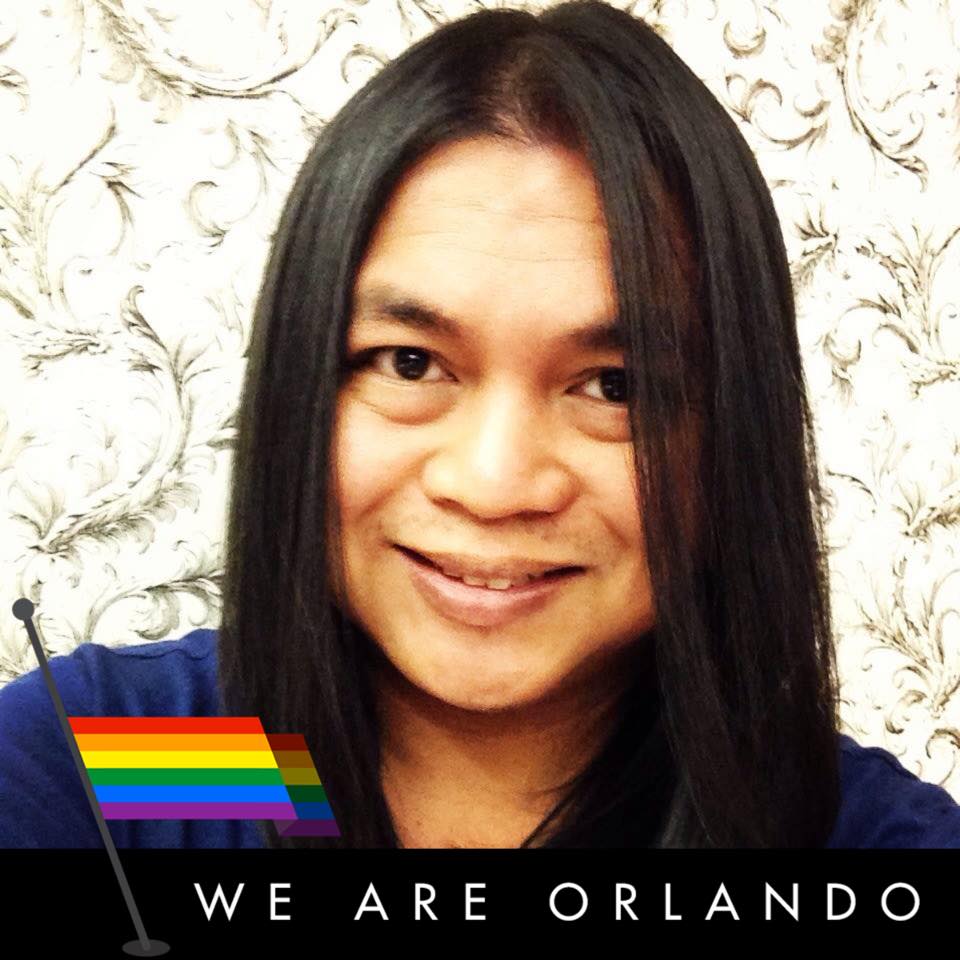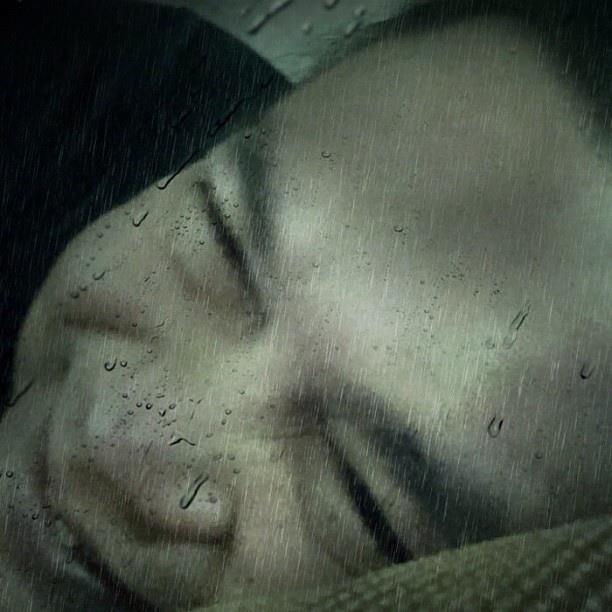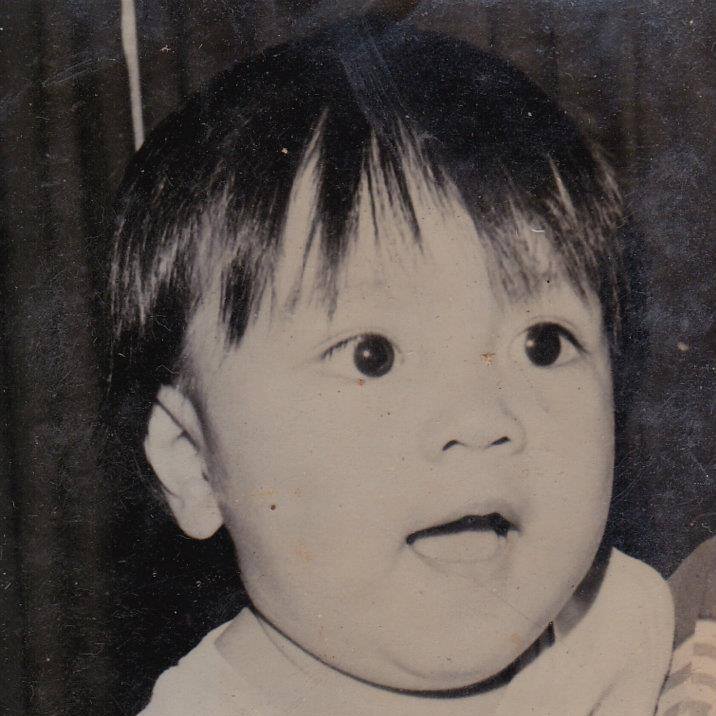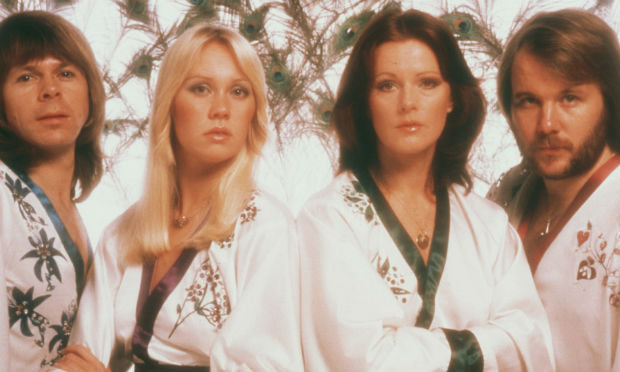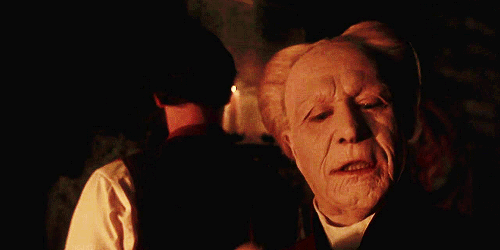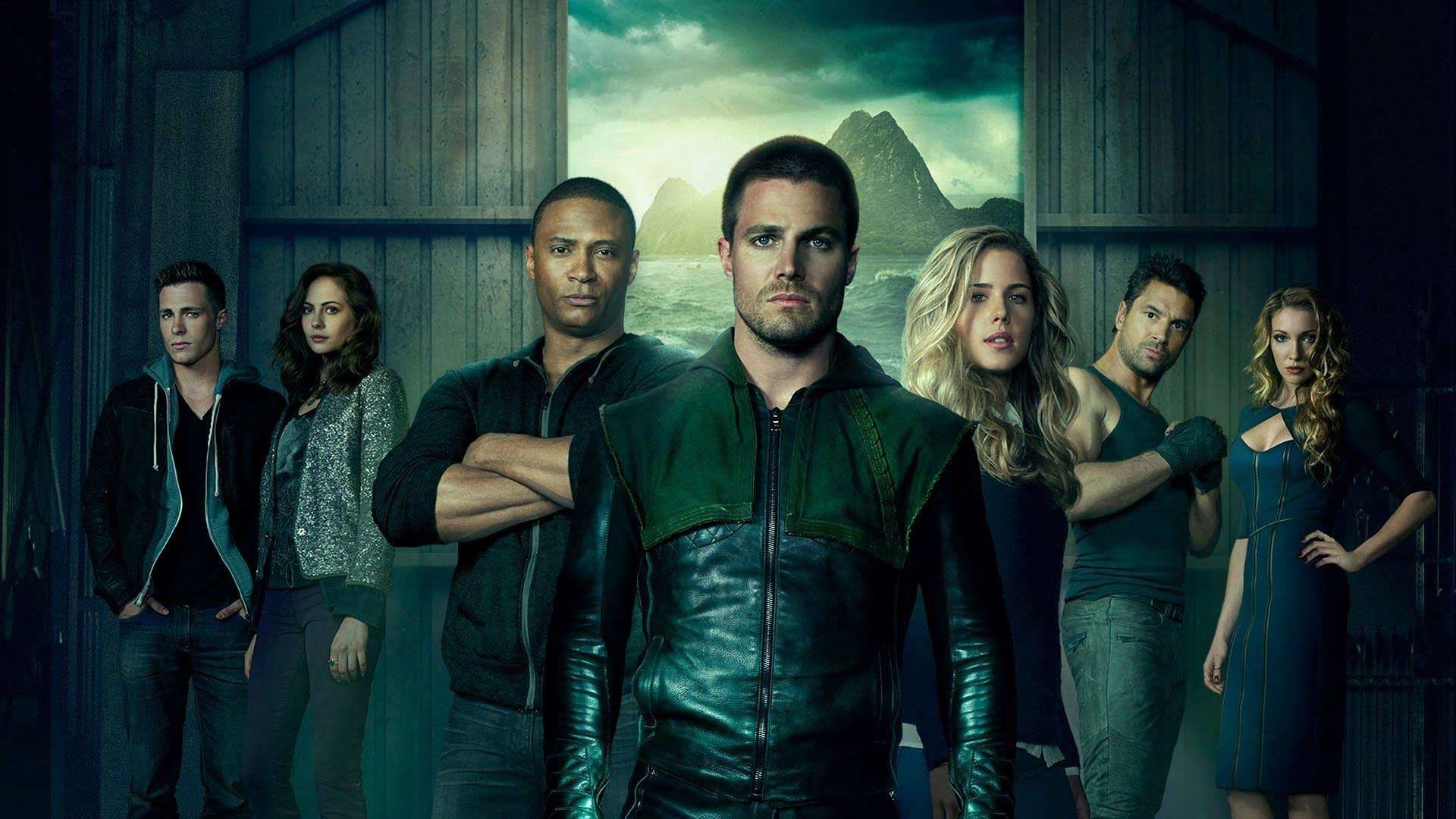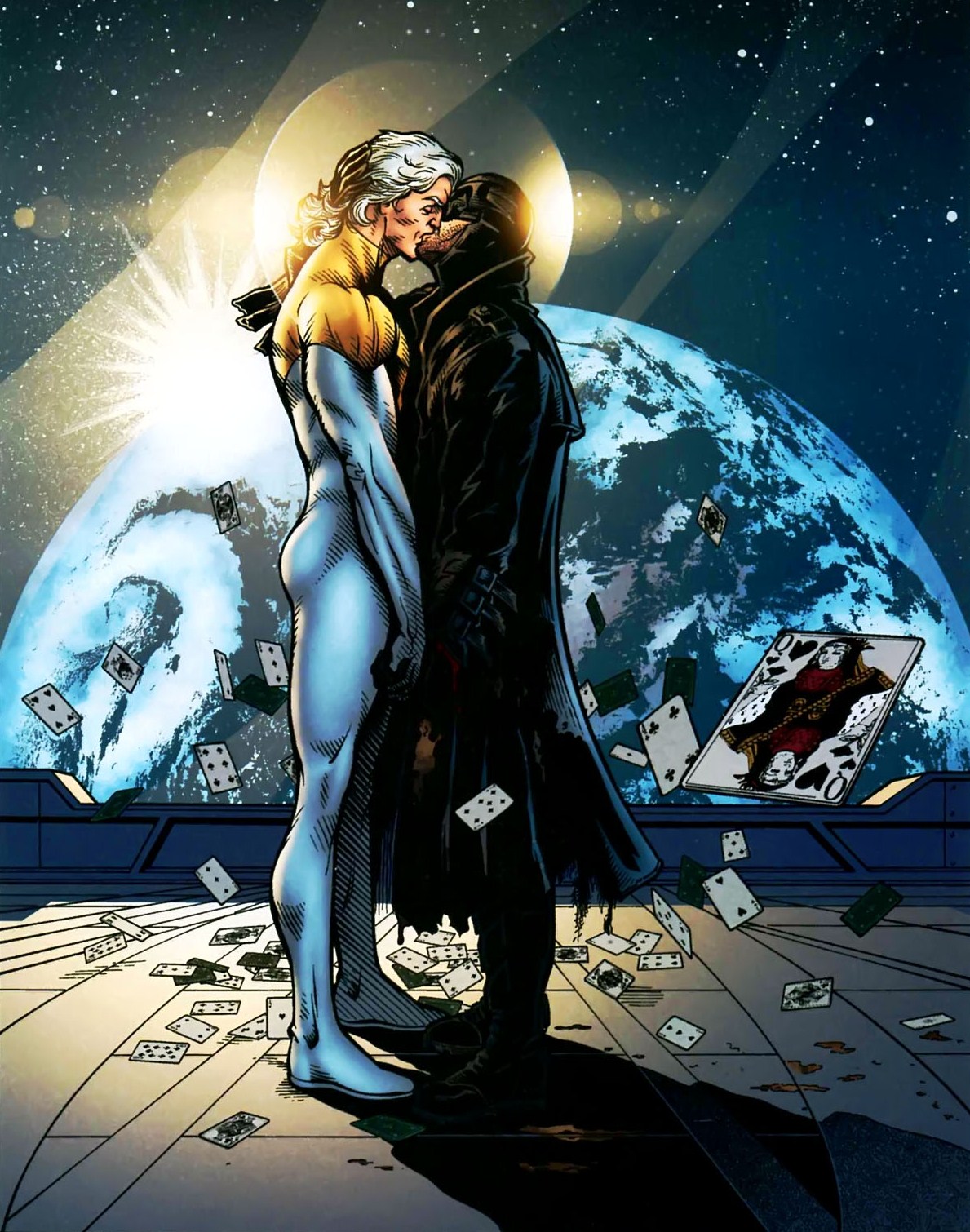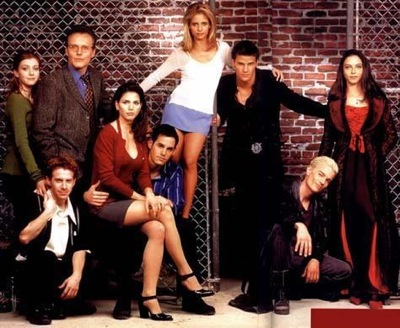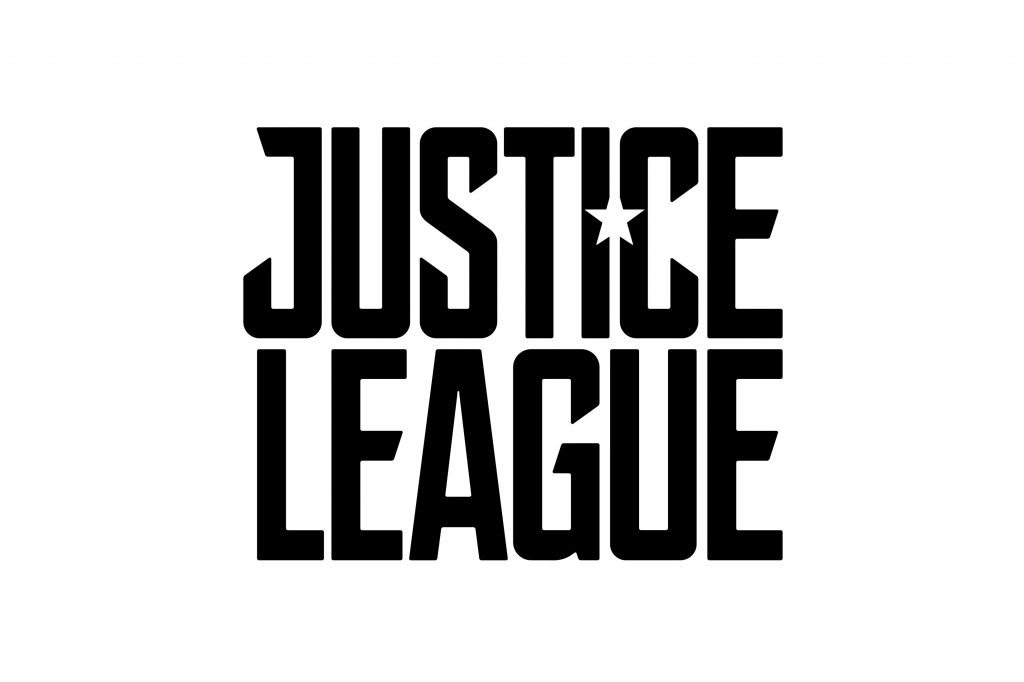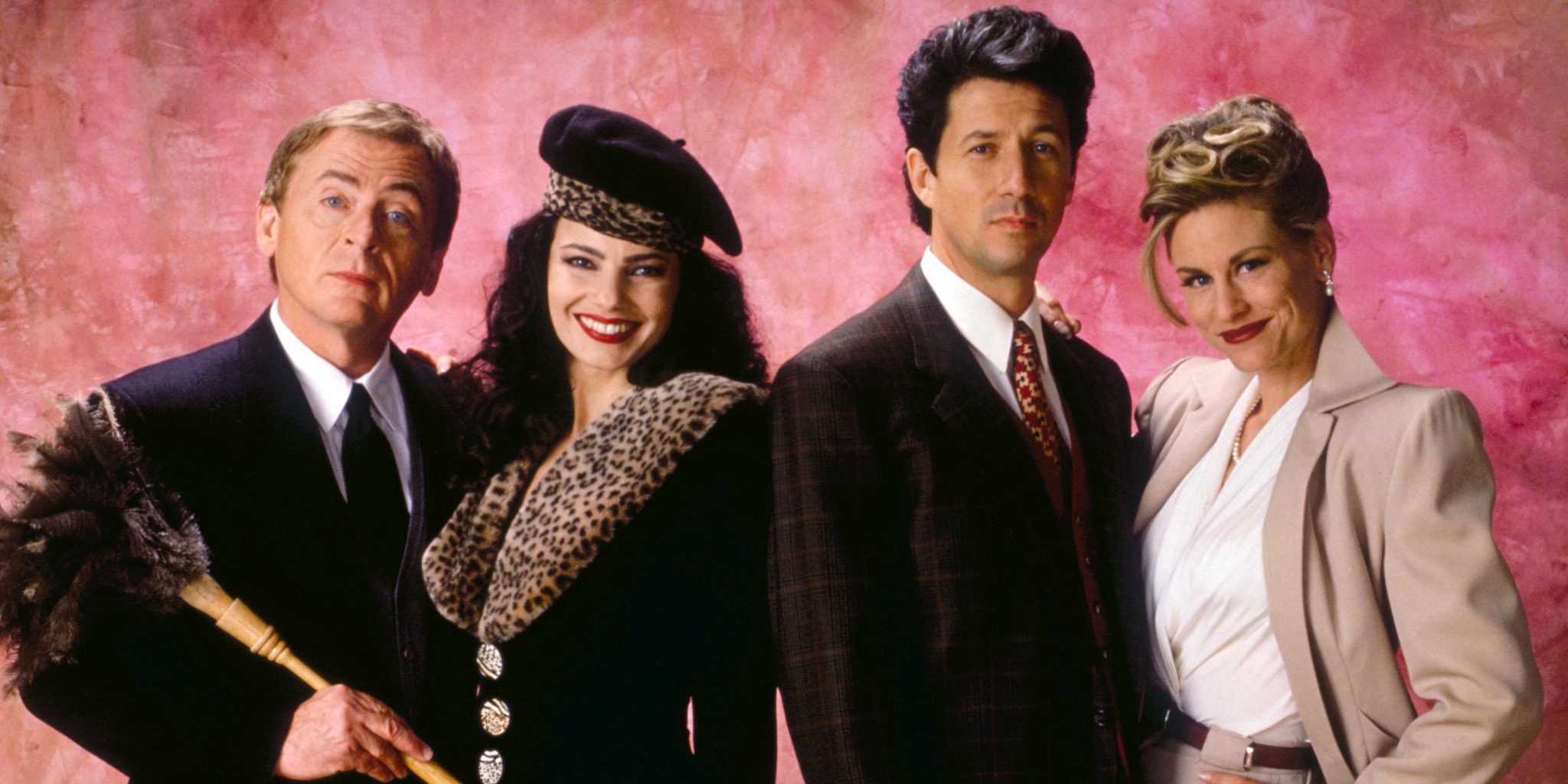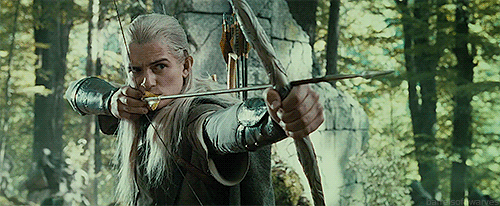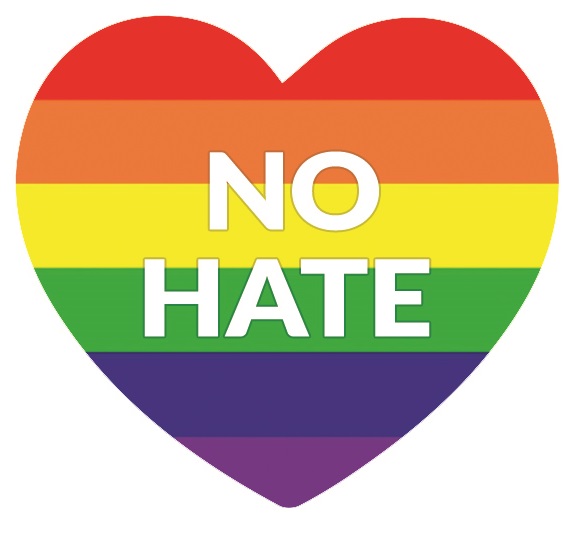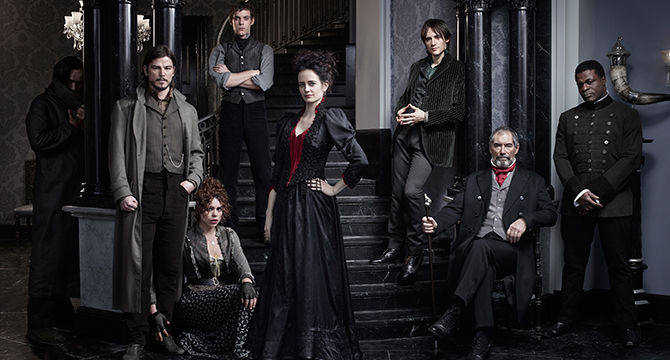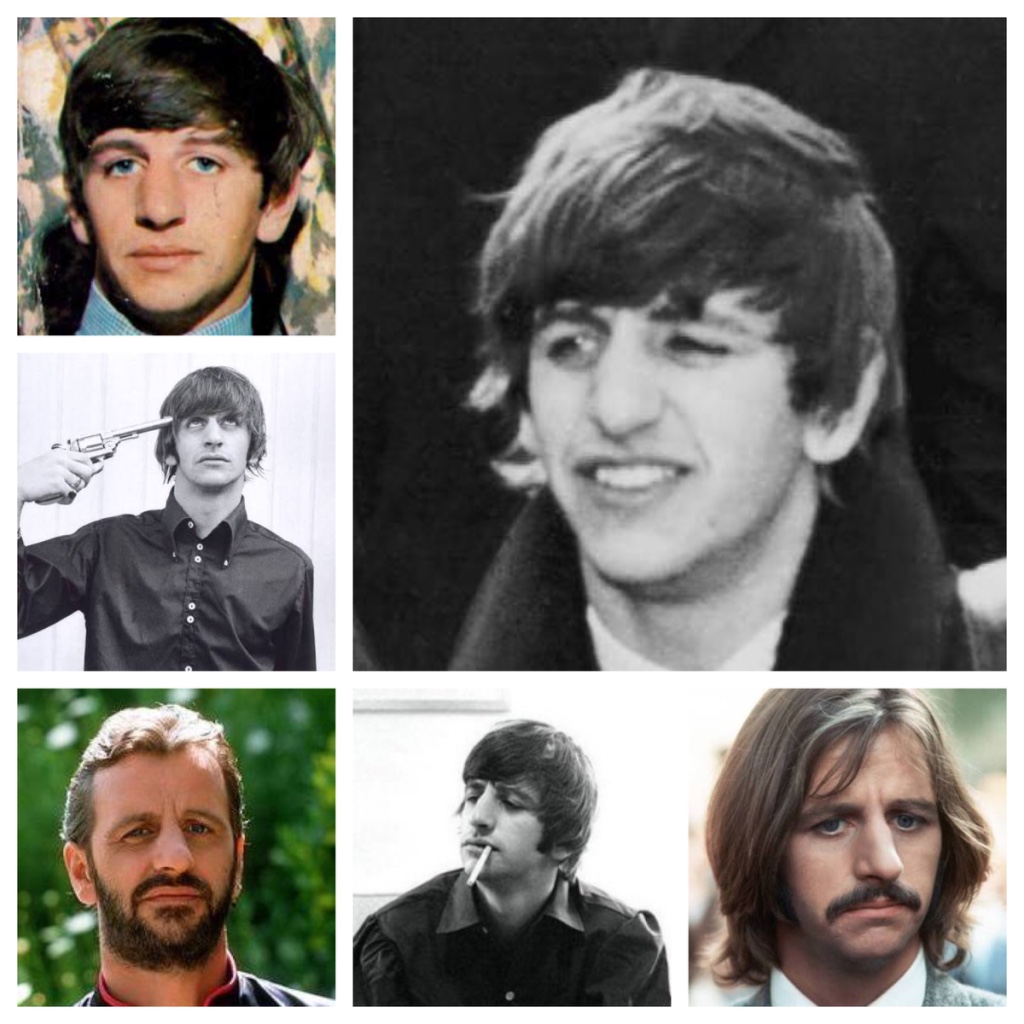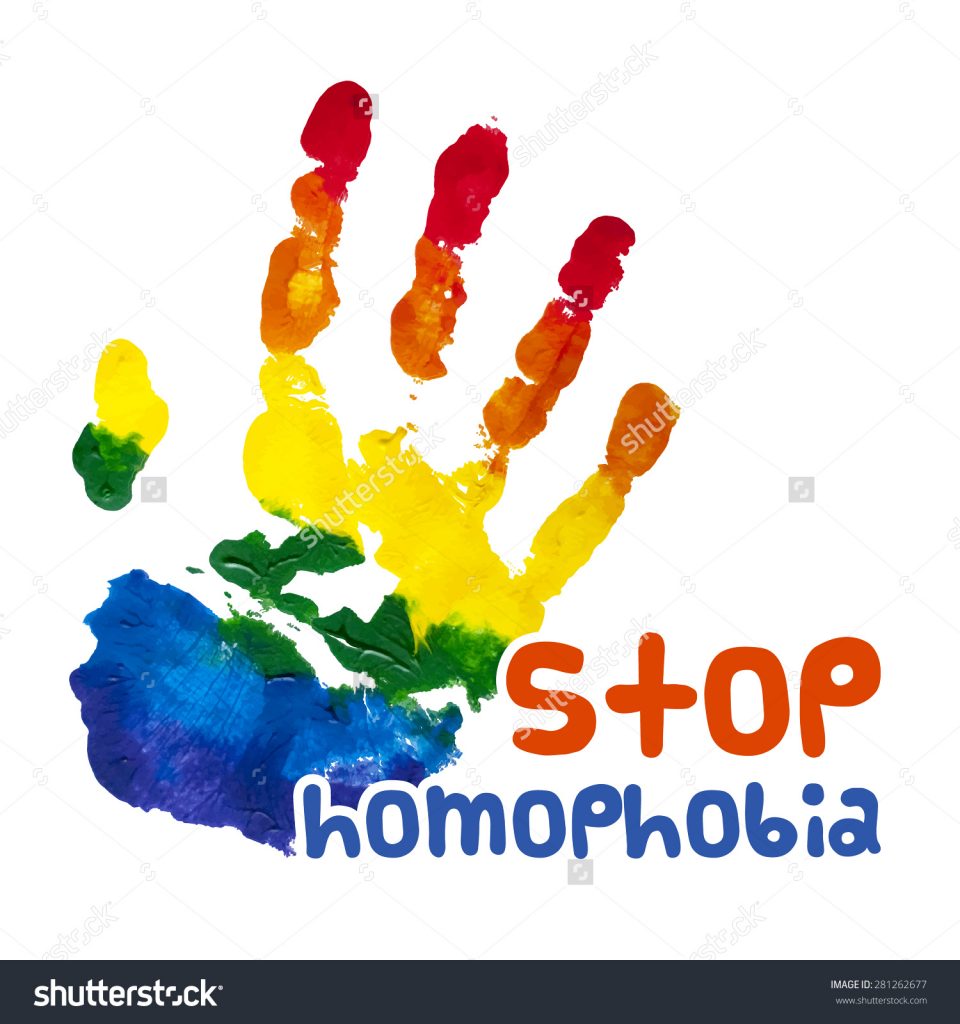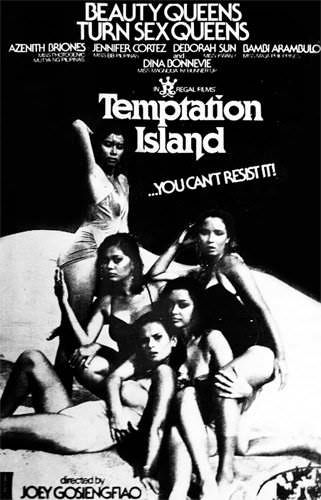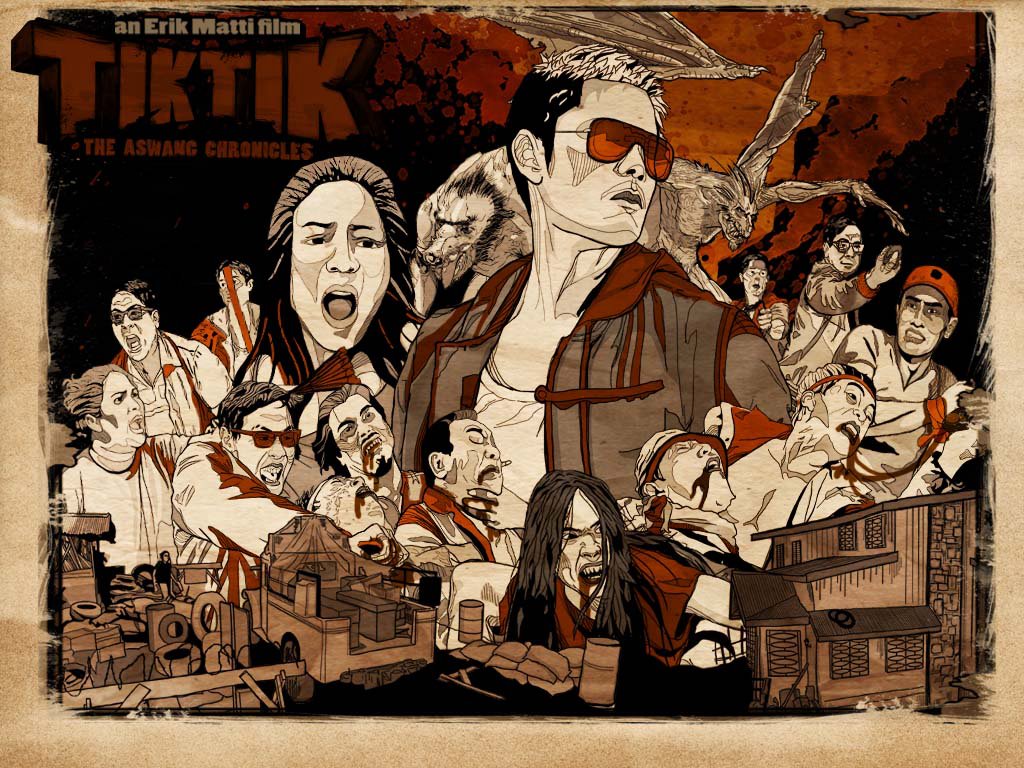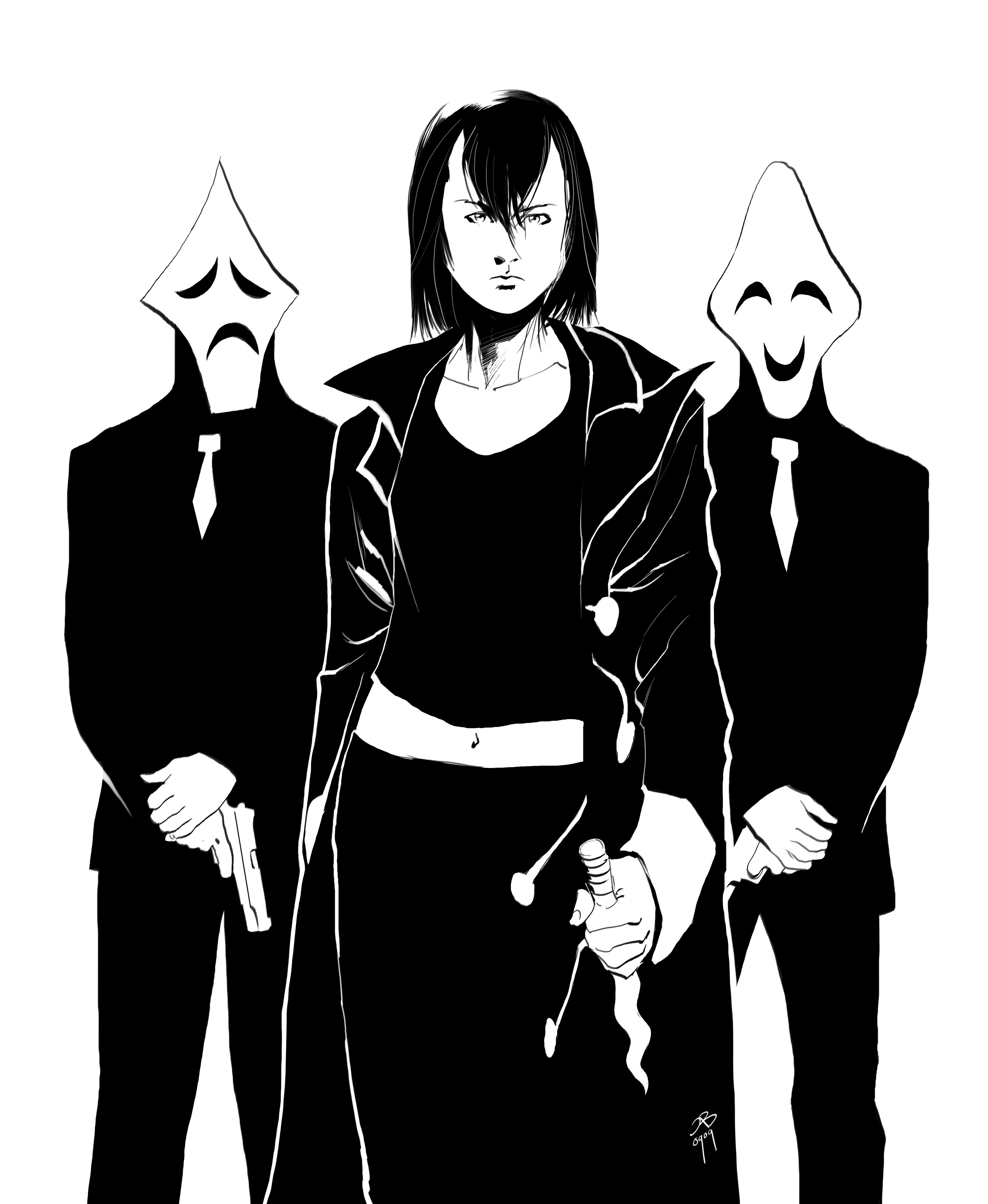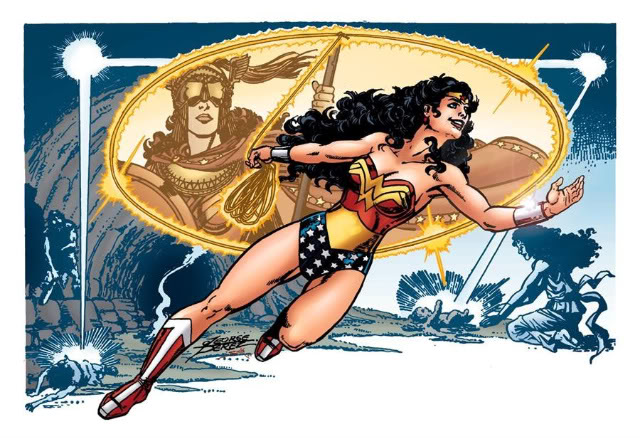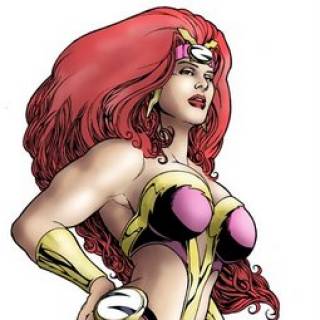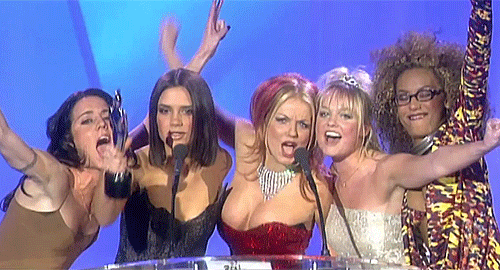Science Fiction, Double Feature
by allancarreon on Nov.03, 2016, under Film & TV, Geeky, Literature
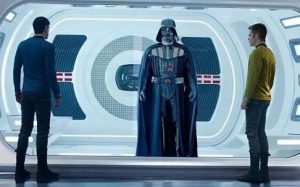 I’ve always been more of a Star Wars fan than a Trekkie. This doesn’t mean I dislike Star Trek; I love the latter, too.
I’ve always been more of a Star Wars fan than a Trekkie. This doesn’t mean I dislike Star Trek; I love the latter, too.
It just so happens that Star Wars was more of a fixture in my formative years: not only was I born on the same year that A New Hope was released, but Return of the Jedi was the first ever movie that I saw in a theater (to my recollection).
My oldest brother also had a collection of Star Wars action figures housed in a Darth Vader case, which I loved and was envious of – particularly since he rarely let me touch them. Moreover, I was extremely fascinated with the fantastic worlds that the “galaxy far, far away” presented: heroic Luke, sexy Leia, and dashing Han fighting their way out of Jabba the Hutt’s control as Boba Fett got consumed by the Sarlacc will always be etched in my mind as one of the most epic things, ever.
On the other hand, during my youth, I never really followed much of the Star Trek franchise except the occasional episode; I did, however, have a good working knowledge of what it was about. Part of the reason of my disconnect with the franchise was that I grew up in a time when there was no internet (oh, yes, there was such a time, kids), and foreign TV shows reached us at a later date. Often, Star Trek 60s re-runs were also shown during late hours when I – as a child – couldn’t watch them.
My distance from the franchise changed when I was already an adult, with the 2009 sort-of-reboot film; can you really say it’s a full reboot if the ending pretty much also acknowledges the original timeline? Admittedly, Chris Pine had something to do with the surge in interest, but it was also a great jumping on point for someone like me who had always wanted to get into this world but had a hard time in the past because of the already vast and intimidating history of the universe.
Throughout the decades, Star Wars and Star Trek have been pitted against each other as rivals in the space adventures… space, but frankly, I think this ongoing pseudo-rivalry is actually quite moot because they are (surprise!) under different genres.
Star Wars, despite the setting and all those spaceships and aliens, is actually a fantasy tale more akin to Lord of the Rings. Fantasy typically deals with the impossible and usually involves the supernatural and/or magic, which The Force is. When one also thinks of the “sword and sorcery” fantasy sub-genre, one cannot deny the obvious parallelism with “light saber and Jedi/Sith” elements of Star Wars.
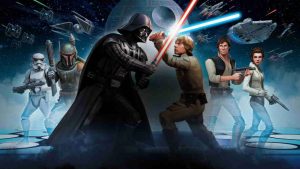 Fantasy tales also have a lot of typical tropes and themes, and many of these clearly reflect in Star Wars. These include the Hero’s Journey, the presence a Dark Lord, and even the setting of an ancient world; did you never wonder why it starts with, “A long, long time ago in a galaxy far away,” as opposed to being set in the future as most scifi stories are? It is also undoubtedly a bildungsroman story for Luke Skywalker, who comes of age across the original trilogy and who also very much fits the trope of the seemingly-everyman protagonist who turns out to secretly have “royal blood” (in this case, referring to both his Jedi heritage as well as being the son of the prophetic Chosen One himself).
Fantasy tales also have a lot of typical tropes and themes, and many of these clearly reflect in Star Wars. These include the Hero’s Journey, the presence a Dark Lord, and even the setting of an ancient world; did you never wonder why it starts with, “A long, long time ago in a galaxy far away,” as opposed to being set in the future as most scifi stories are? It is also undoubtedly a bildungsroman story for Luke Skywalker, who comes of age across the original trilogy and who also very much fits the trope of the seemingly-everyman protagonist who turns out to secretly have “royal blood” (in this case, referring to both his Jedi heritage as well as being the son of the prophetic Chosen One himself).
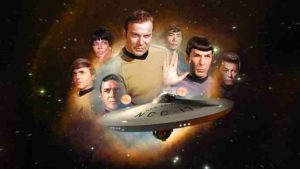 On the other hand, Star Trek is clearly science fiction, which deals with the possible (even if improbable) that still has a good basis in, well, science. As TV Tropes put it, Science Fiction usually deals with technology that doesn’t exist during the time the story was written, but that could very well exist. There is a strong and necessary dependence on established scientific facts when it comes to writing science fiction. While such speculation could very well be stretched fairly thinly at times, the general idea is for scientific realities to take the front seat in building the foundation of the universe the material is set in.
On the other hand, Star Trek is clearly science fiction, which deals with the possible (even if improbable) that still has a good basis in, well, science. As TV Tropes put it, Science Fiction usually deals with technology that doesn’t exist during the time the story was written, but that could very well exist. There is a strong and necessary dependence on established scientific facts when it comes to writing science fiction. While such speculation could very well be stretched fairly thinly at times, the general idea is for scientific realities to take the front seat in building the foundation of the universe the material is set in.
Science fiction tales also tend to focus on possible consequences (usually social) of “improbable events or technologies.” Moreover, much of Star Trek has been seen as socio-politically allegorical across all its shows, but most especially the original 60s series. Xenophobia, war, and class inequalities are just some of the many topics that have been dealt with throughout the last fifty years. This has helped make the franchise culturally relevant across such a long span of time, for it utilizes its scientific base as a social commentary that makes us think.
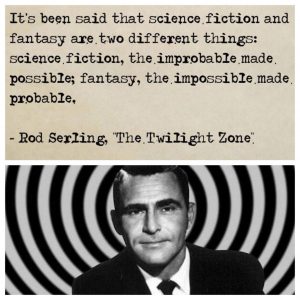 Rod Serling, he of Twlight Zone fame, put it best when he said that science fiction makes the improbable possible and fantasy makes the impossible probable. This parallels Isaac Asimov’s statement that reality-grounded science fiction is possible while fantasy, not ground in reality, is not possible.
Rod Serling, he of Twlight Zone fame, put it best when he said that science fiction makes the improbable possible and fantasy makes the impossible probable. This parallels Isaac Asimov’s statement that reality-grounded science fiction is possible while fantasy, not ground in reality, is not possible.
As this article says, it should also be noted that while fantasy may not be based on science, it doesn’t mean it doesn’t have rules. Good fantasy stories consistently follow its own set of rules, with the difference from scifi being that the fantasy author makes up the rules.
Over-all, science fiction and fantasy share the over-all umbrella of Speculative Fiction, and there is much room for both of these wonderful genres to co-exist. Each brings to the table its own delicious flavors.
This is why I don’t really subscribe any longer to the belief that Star Wars and Star Trek are rivals. Not only can you actually love them both, but they are – despite the similar outward trappings – actually quite different.
And needless to say, both are absolutely awesome.

